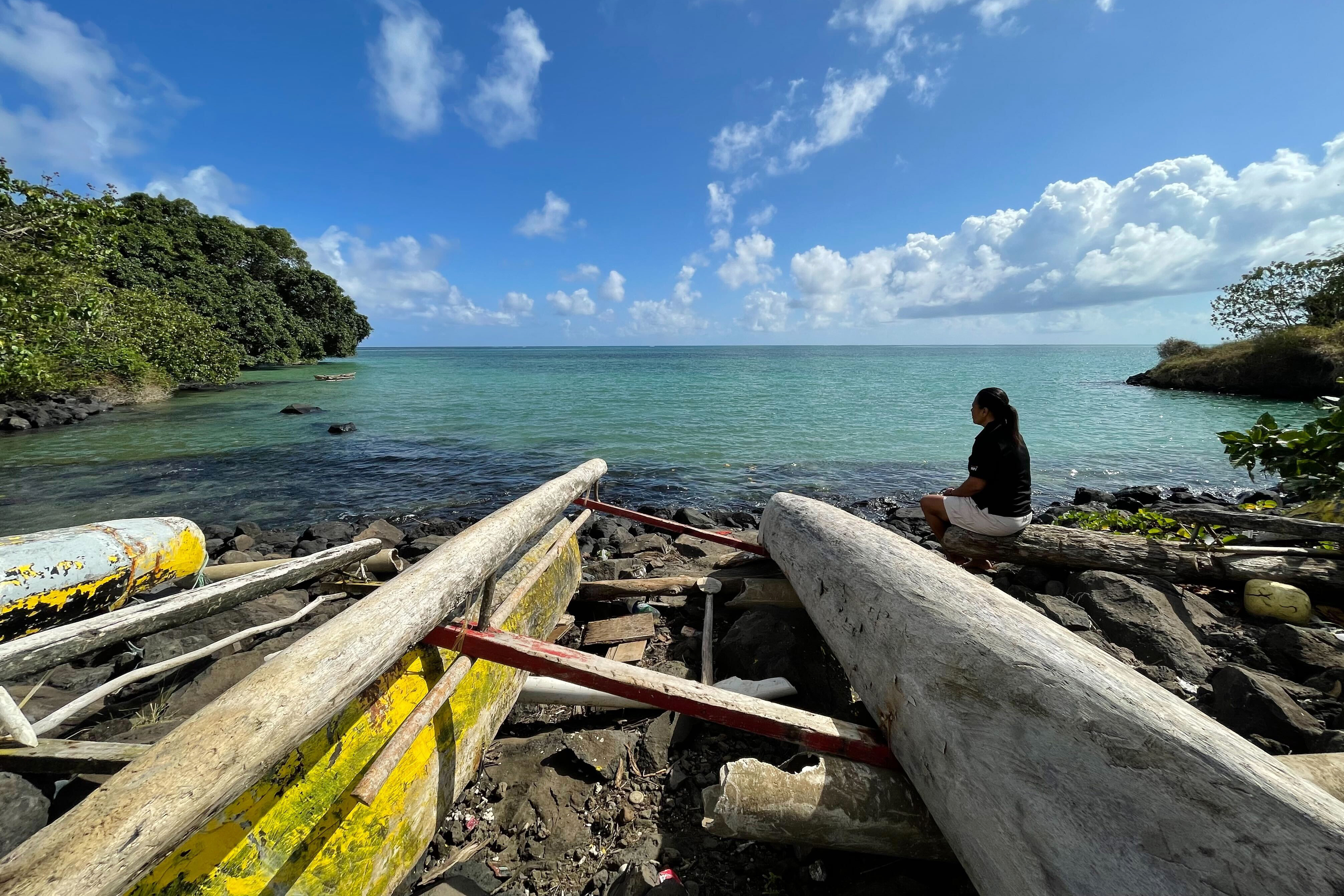
China supports Vanuatu and other Pacific island nations in their concerns over climate change and will continue to pursue high-quality Belt and Road cooperation in the region, said a Chinese envoy.
"China and the Pacific island nations are developing countries that have been affected by climate change, not just the current impacts but also the accumulated historical consequences," said Chinese Ambassador to Vanuatu Li Minggang.
China stands with Vanuatu and other developing nations, especially the Small Island Developing States, in urging the global community — particularly developed countries — to take responsible climate actions, said Li.
"Together with Small Island Developing States, we call on developed nations to provide financial and technological support to help developing countries address climate change," he said.
At the Third China-Pacific Island Countries Foreign Ministers' Meeting in Xiamen, East China's Fujian province, in May, China released a list of measures for implementing the meeting's consensus.
ALSO READ: Top UN court: Treaties compel rich nations to curb global warming
To combat climate change, China vowed to conduct 100 "small and beautiful" projects in the next three years for local communities in the Pacific island countries to help improve their climate resilience.
It will also allocate $2 million for the further expansion of cooperation in areas such as clean energy, ocean, low-carbon infrastructure, and disaster prevention and mitigation.
As China has pledged to achieve carbon neutrality by 2060, Li said China's accomplishments in tackling climate change, from combating desertification to reducing the use of fossil fuels, have also made solid contributions to the world.
Noting that the 11 Pacific island countries China has diplomatic relations with are all signatories to the Belt and Road Initiative, Li said the Pacific region is an important part of BRI cooperation, with fruitful results generated for the region.
Last year, Li accompanied Vanuatu's then-prime minister Charlot Salwai to his home island of Pentecost. As they looked down from the plane, they saw a newly constructed road traversing the island from north to south.
'Road to happiness'
Spanning 28.3 kilometers, it is Pentecost Island's first asphalt road. It was designed and constructed by China Civil Engineering Construction Corp, or CCECC, with the first phase handed over to Vanuatu in January.
READ MORE: China unveils initiatives to boost ties with Pacific countries
"The prime minister said the road would bring foreseeable changes to his hometown," said Li, adding it only takes students 20 minutes to go to school via the road compared with more than two hours in the past.
"The local residents told me it is a road to happiness and prosperity," said Li.
As one of the major Chinese companies participating in the Belt and Road cooperation projects, the CCECC is undertaking several key infrastructure projects in Vanuatu.
According to Liang Qing, the general manager of CCECC's South Pacific region, the company has nearly 40 projects across eight South Pacific countries, creating about 2,800 local jobs, including 800 in Vanuatu.
Besides construction skills, Liang said that raising awareness about environmental protection is another key part of the company's training for its local employees.
READ MORE: Scientists: Global coral bleaching crisis spreads after hottest year
"The ecosystem of Vanuatu and other Pacific island countries is extremely fragile. Therefore, in project implementation, special attention is paid to environmental protection and the conservation of local natural resources," said Liang.
In particular, as transport will be greatly affected by extreme weather conditions such as cyclones, Liang said the company often makes plans in advance to minimize the impact on logistics for supplies.
Li, the Chinese envoy, said he hopes to share China's experience in infrastructure and economic development with Vanuatu.
This is not only through aid and investment projects, he said, but also through training and people-to-people exchanges, allowing young people to learn advanced techniques from China, which will help enhance capacity-building in the long term.
Li explained China's approach through a traditional saying: "Give a man a fish and you feed him for a day; teach him how to fish and you feed him for a lifetime."


